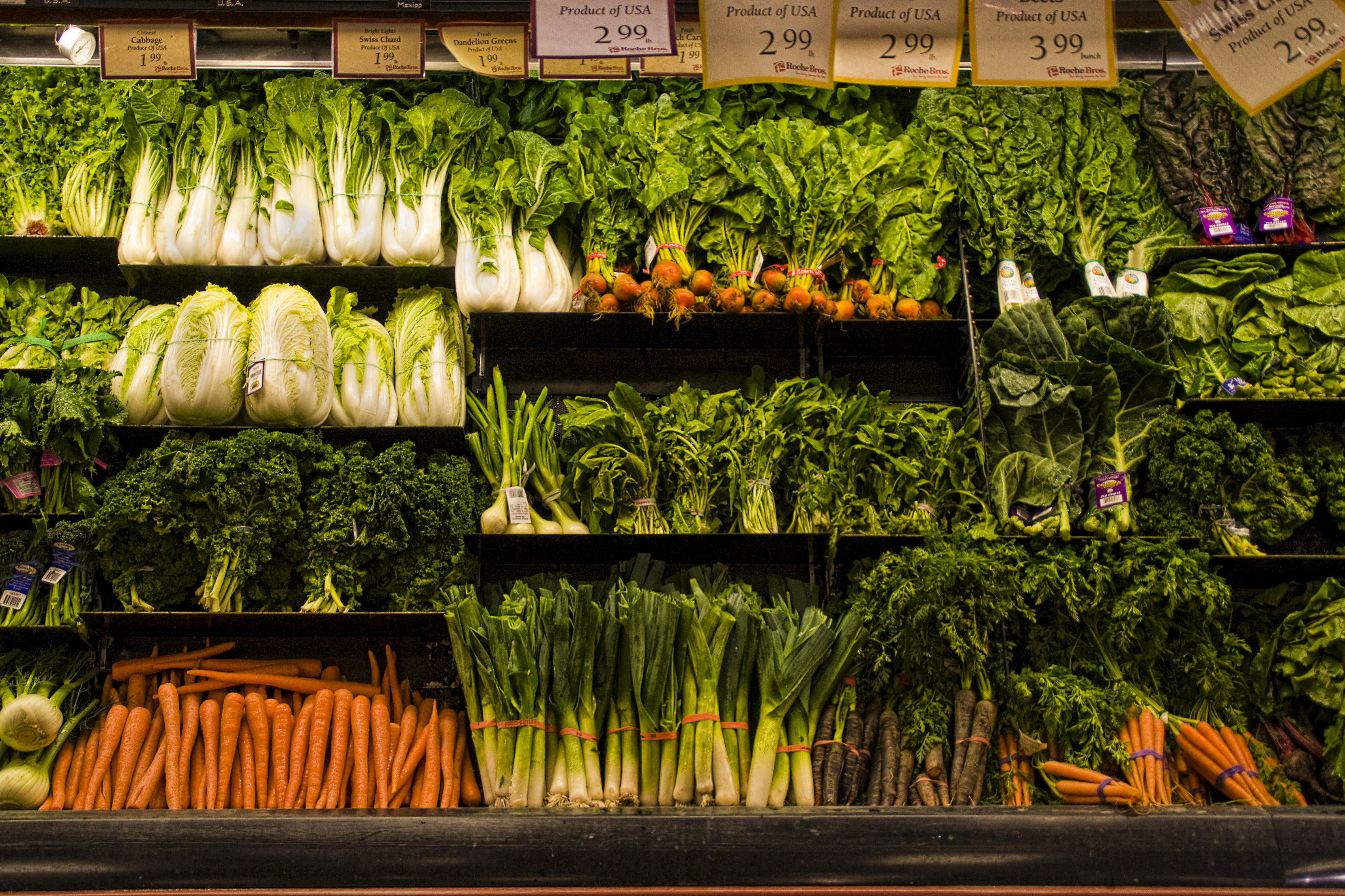Is Eating Too Healthy the New Anorexia?

Raw dieting, radical vegan, fruitarian are words that sound innocent, but these terms could mask a condition known as orthorexia. Orthorexia is "an eating disorder that makes you obsessed with eating only unprocessed, organic, or other "pure" foods," according to WebMD. It often goes hand-in-hand with other eating disorders and can lead to anxiety, guilt, depression, malnutrition, isolation and in the worst cases, death. People who suffer from this condition tend to self-prohibit basic foods like carbs, sugars or dairy.
The disorder is a "common occurrence among girls in early adolescence,” Dr. Steven Bratman writes on his website dedicated to the eating disorder. He explains that young teenage girls use these dietary choices as a way to seek identity.
In the age of social media, dieting has evolved into a lifestyle trend, this is evidenty by the countless Instagram accounds with hashtags like #foodie #paleo #cleaneating #superfood — people use different platforms to upload pictures of their meals to share their "experience" to the entire world. While it might seem harmless, you must be aware of false information, especially when the choices can affect your health.

Image Credit: Pixabay
One extreme example is the Australian vlogger Freelee (better know as the banana girl), one the most influential vegans on social media. She lives on 51 bananas per day and dedicates her career to promoting radical veganism and bashing celebrities on their dietary choices. She has suffered from both anorexia and bulimia, yet still has a massive following on YouTube.
Self-made eating gurus have become role models for people who don't have access to professional nutritionists. "Health bloggers can be unqualified and offer dangerous advice,” nutritionist Rhiannon Lambert told the Guardian. It is an alarming situation: people with no background in health, medicine, or nutrition dictate the eating habits of millions of people with advice that is backed by zero medical evidence.
Mathilde Toulemonde, the cognitive behavioral therapist at AUP, relates the issue with social media: "Media is certainly important, though it’s merely a vehicle for cultural norms and expectations. The historical and cross-cultural variability in the prevalence of eating disorders supports the association of eating disorders with cultures in which thinness, for example, is valued. The recent apparition of orthorexia merely confirms this cultural link."
Eating healthy is very important especially in today's society that overvalued meat consumption, but the point of bringing up the dangers of orthorexia is that malnourishment because there is no moderation in the diet. Any eating disorder, according to experts, is when just the thought of a meal makes you obsessive and brings you anxiety. To combat that, it is important to find help and maintain a healthy relationship with food — don't glorify a bunch of faux experts.
More info can be found on this article. If you or anyone you know suffer from an eating disorder please contact the student affairs office.





